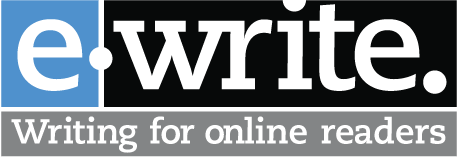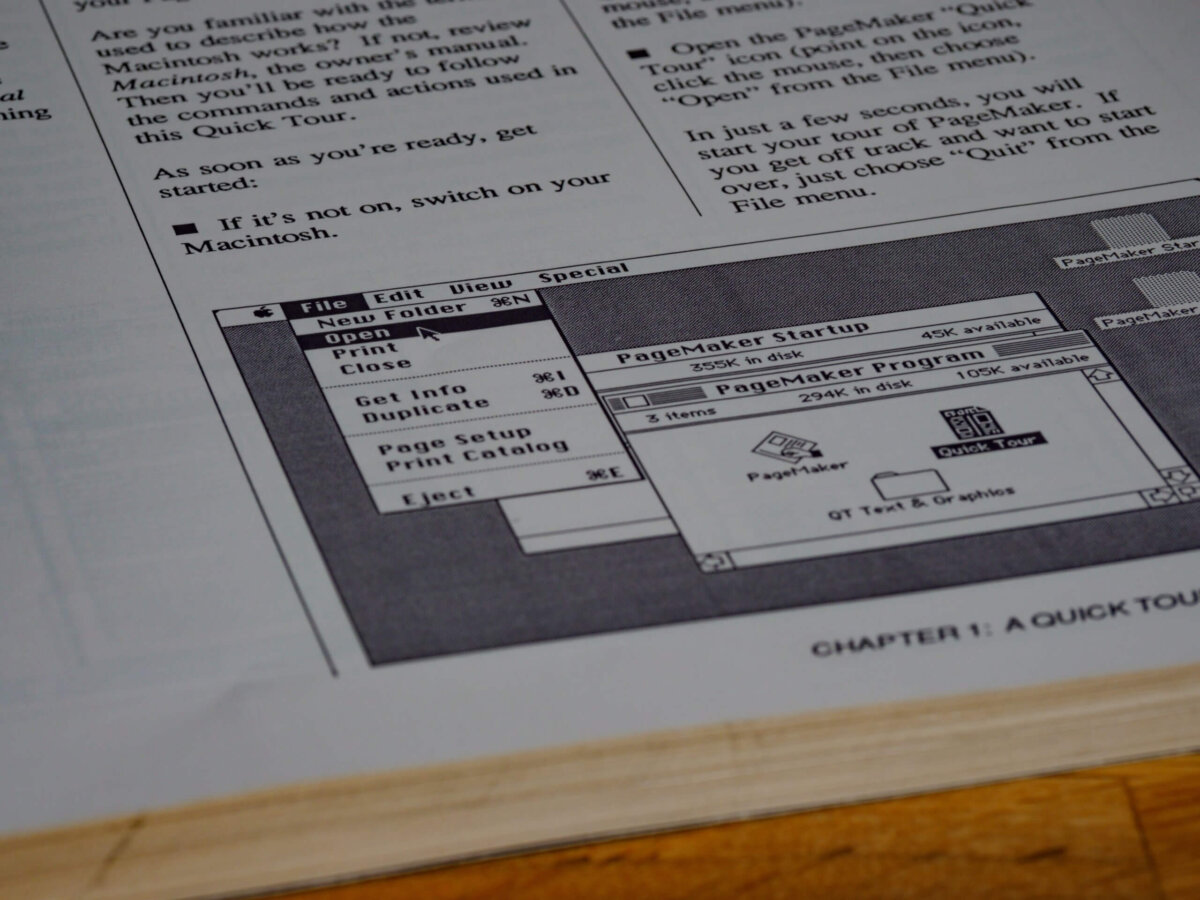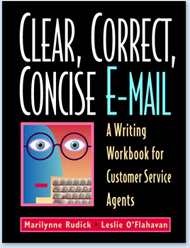After a restful holiday break, most of us returned to the office this week with a long to-do list and plenty of lofty New Year’s resolutions. Like many of you, I spent the first Monday and Tuesday of 2009 returning calls and leaving voice mails. Though everyone claimed to be in, no one seemed to be available to actually answer the phone. It looked like 2009 might be the year of voice mail hell.
Then I received this stellar e-mail from a client. I’d left her a voice mail following up on a proposal I’d sent in December. In a mere 61 words, she responded to my voice mail and ended any chance we’d be leaving each other voice mails for the rest of the week. Here’s what she wrote:
Andrea
Four reasons this e-mail will end voice mail hell:
- The tone is friendly. She wishes me a happy new year and thanks me. When the e-mail writer is friendly, the e-mail reader is more likely to do as she’s asked. In this case, Andrea wants me to wait until she contacts me. She does not want a follow-up voice mail or e-mail from me. So, her friendly tone will actually get me to stop contacting her.
- The e-mail lets me know what actions are being taken. In a few short words, Andrea’s explained that she has to talk to several other people before she can get back to me. By letting me know what’s going on, she’s enabled me to wait patiently. After all, what would be the point of contacting her again when she’s got to run around her office corralling decision-makers?
- The e-mail describes a specific outcome within a specific time frame. She’s going to get back to me by Friday, January 9th. Unless I am not available within her time frame, there’s no need for me to contact her; I know what is going to happen and when.
- The e-mail allows insight into the writer’s state of mind. It would be inappropriate of Andrea to go on and on about how busy she is, but it’s strategic of her to let me know that she’s catching up after a long break and is probably swamped. Why e-mail or call again if she’s explained that she’s already playing catch-up?
Many thanks to “Andrea” (you know who you are!) for letting me use her e-mail in this post. If you’ve got a great e-mail example, or a terrible one, send it to me and I’ll feature it in an upcoming post. I won’t use it without your permission, and I will scrub out all identifying details.
— Leslie O’Flahavan
Tags: E-mail






0 Comments